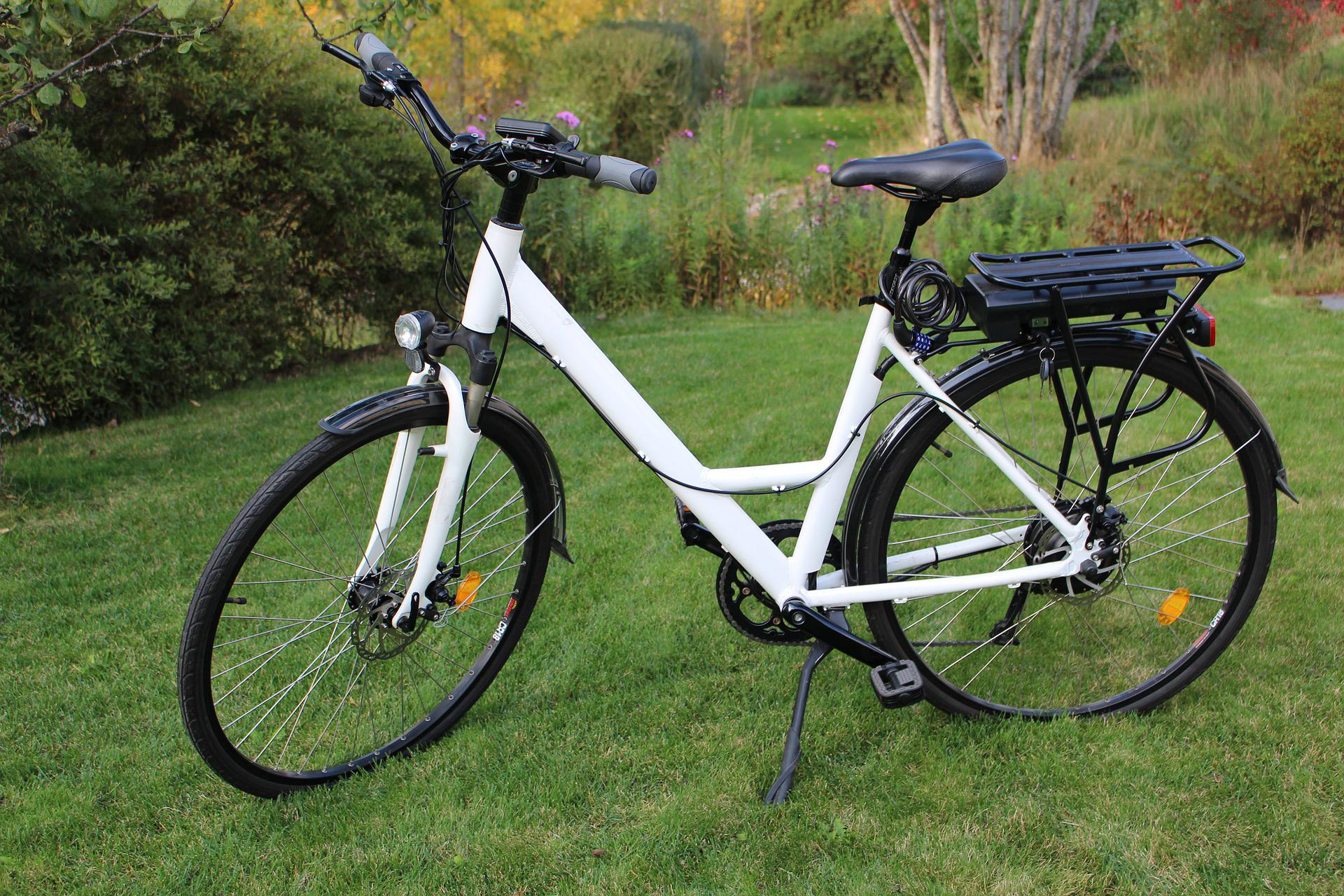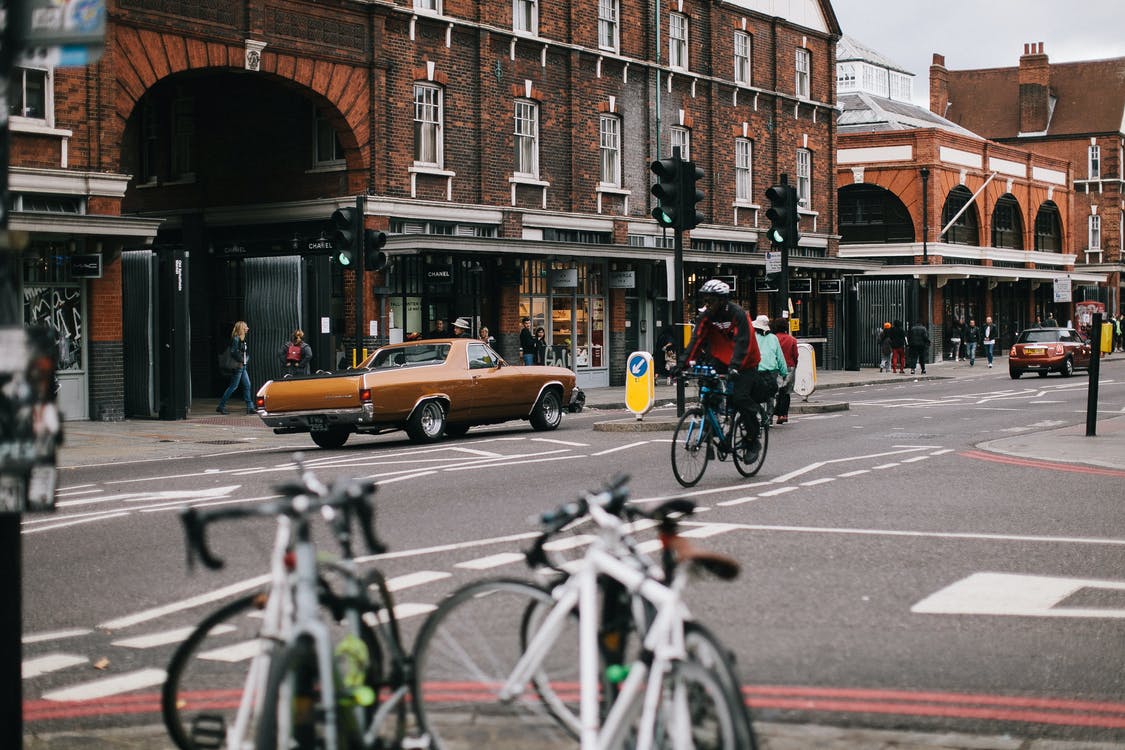A study by academics at Westminster University, entrusted by Bike is Best, found that increasing the use of electric bikes would bring more benefits than promoting the use of electric cars.
By looking for the commuting data and using the Department for Transport’s Propensity to Cycle Tool (PCT) which helps traffic planners and government to give priority to investment as well as taking intervening measures, the study found that dedicated cycling infrastructure combined with the use of e-bikes could encourage up to 25% of people commuting by electric bike.

What’s more, as we know, the average traffic speeds in London are 7.4mph, and sometimes running may be faster than driving. Therefore, it is reasonable and appropriate to invest in subsidies that encourage the use of e-bikes and support the purchase of e-bikes.
The research written by Skyrad--‘Understanding the effect of speed on emissions in an urban environment’ also pointed out the many benefits of reducing urban traffic speeds from 30 mph to 20 mph. The chief among them is a reduction in pollution.
Rod King MBE, the winner of the 20 mph default speed limit, also emphasized that reducing speed would reduce traffic accidents.
To a large extent, the reduction in speed differential for road users (vehicles traveling at 20 mph and e-bikes at 15 mph) has a positive impact on traffic. For example, non-cyclists can explore new options such as using electric bicycles to go out.

All in all, measures to reduce traffic congestion, pollution and noise levels in cities aim to create a safer, faster and less economically costly environment. What’s more, the mayor of London leaks out that congestion in the capital is costing the economy £5.1 billion a year, which equates to £1,211 per driver.”
If the government subsidizes the purchase of electric bikes, consumers in the European Union will soon benefit from lower prices on electric bikes -- thanks to an important policy reform that cuts VAT payable -- if the UK is to achieve fundamental environmental and economic changes in transport attitudes and methods. The UK government needs to look further than the Cycle to Work scheme.
